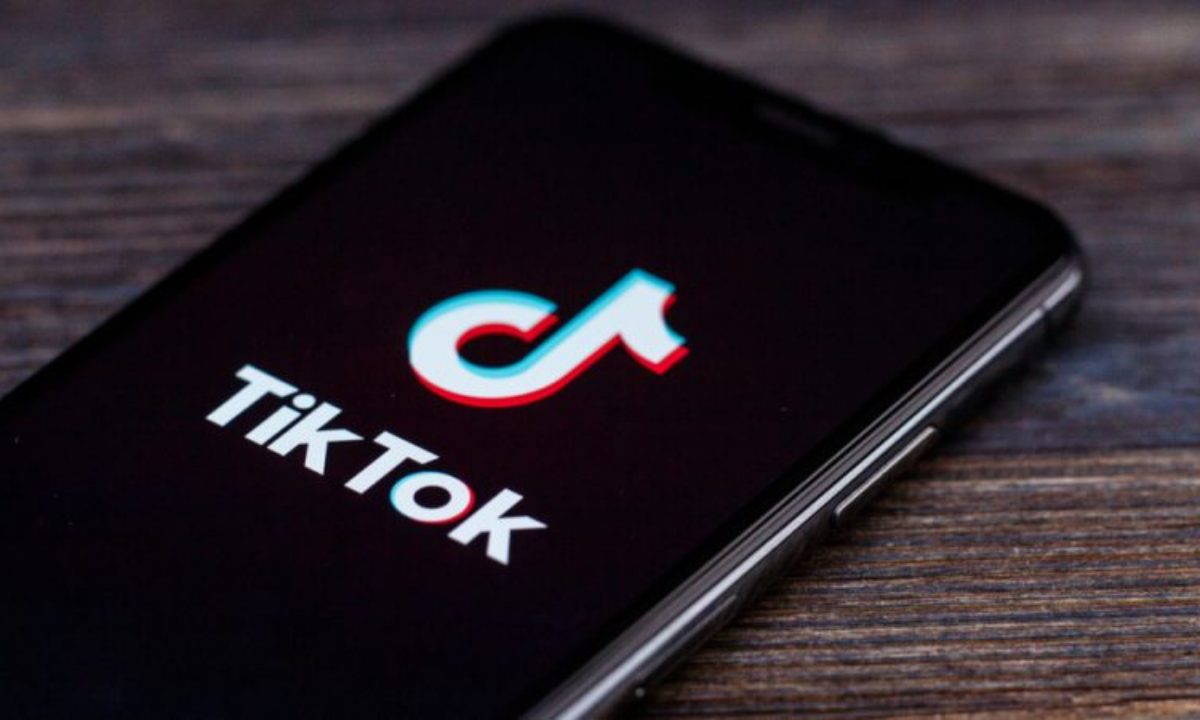Written by Vincent Cain
Under a new California proposal, which will take the most rigid industry responsibility stance on mental health harm of social media use, tech companies could face new lawsuits for damaging children.
The Assemblymembers who introduced the measure, Jordan Cunningham (R-Templeton) and Buffy Wicks (D-Oakland), wanted to ensure that social media companies are held accountable for their actions against children.
The measure rolls out on Tuesday, which keeps those companies responsible for any features or apps that addict children to their harm. The legislation is also retroactive, putting the companies in legal trouble for any previous damage their products caused to minors.
In an interview with Cunningham, he compared the legislation to be potentially as big as the landmark legislation against Big Tobacco’s marketing to kids.
“The types of harm we’re seeing out of the social media addiction epidemic that we’ve got going on with our teenagers, especially, is eating disorders, it’s depression and suicidal ideation,” Cunningham said. “It’s got both a mental health component and a physical health component. And I don’t know why all of us — society and the kids — have to pay the cost of that. It seems like that cost should be borne at least in part by the companies that profit from the behavior.”
Federal immunities granted to social media companies under section 230 of the U.S. Communications Decency Act have primarily given the view that they are exempt from significant state reforms. However, Cunningham argues that his proposal evades a conflict with federal law due to its narrow fixation on whether apps use an addictive algorithm rather than their content.
Cunningham says he is bracing for heavy opposition, mainly from the tech companies, but he also views the Senate as a significant hurdle. Even if the bill encounters many obstacles, it still allows for retroactive accountability, especially given the evidence that Facebook and Instagram know their apps were addictive.
“I think this is as good a case as I can think of, outside maybe massive oil spills or Joe Camel pitching cigarettes to 15-year-olds, for retroactive application,” he said. “We’ll see whether my legislative colleagues agree with me — that remains to be seen.”
Photo Cred: Shuttershock




